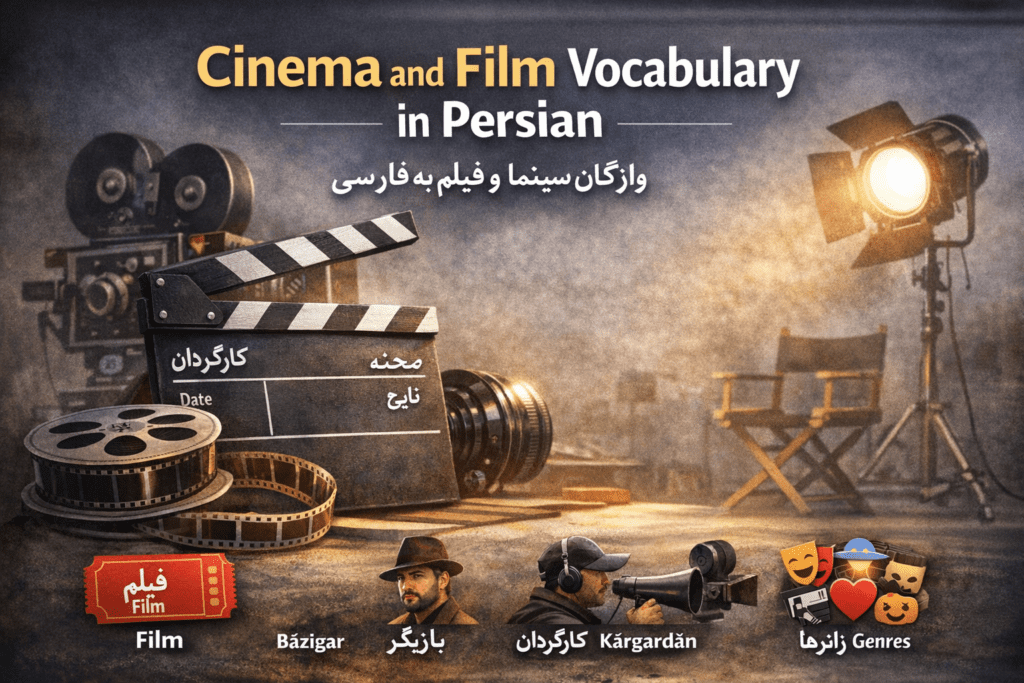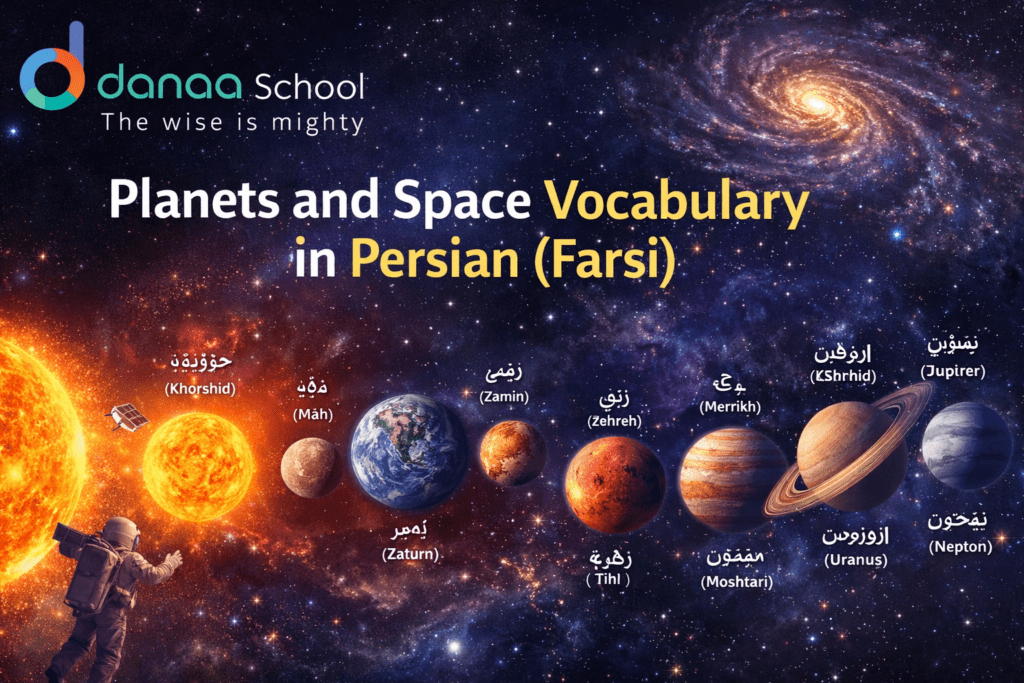Humorous Persian Proverbs
Humorous Persian Proverbs are one of the most entertaining ways to explore Persian culture and language. These sayings combine wisdom, exaggeration, and playful imagery to express life lessons with humor. In this guide, you’ll discover funny Persian proverbs and idioms, their meanings in English, and how they are used in everyday conversation.
Farsi, or Persian, is a language rich in history, poetry, and humor. Many humorous Persian proverbs sound strange or funny when translated literally, yet they carry deep cultural meaning.
Let’s explore the colorful world of humorous Persian proverbs and uncover why these expressions remain popular in Iranian daily life.
Funny Persian Proverbs and Their Meanings
- “Kafash az pâ bozorg-tar ast” – “Your shoe is bigger than your foot”
This humorous Persian proverb is used when someone attempts a task that is clearly beyond their abilities. It gently mocks unrealistic ambition while offering practical wisdom.
Example:
“Don’t try to manage five businesses at once. Your shoe is bigger than your foot.”
- “Khar-e shab sag-e ruz” – “The donkey of the night is the dog of the day”
This proverb humorously describes someone who performs well under certain conditions but poorly in others. It highlights inconsistency in behavior depending on time or circumstances.
Example:
“He works all night but forgets everything by morning—donkey at night, dog during the day.”
- “Be dandan-e ahani migh namikani” – “You can’t hammer a nail with your teeth”
This humorous Persian proverb means that without the right tools or skills, success is impossible. It’s often used to discourage unrealistic problem-solving.
- “Mastam na goftam, hoshyaram na kardam” – “I’m not drunk, but I’m not sober either”
This phrase humorously describes confusion or being in an in-between mental state. It’s commonly used jokingly rather than literally.
- “Âb ke raft, nânevarde be jâ nemimanad” – “Once the water is gone, no trace of bread remains”
This proverb reflects the idea that once something is lost or done, it cannot be undone. It’s a humorous way of encouraging acceptance.
Why Humorous Persian Proverbs Reflect Iranian Culture
Humorous Persian proverbs often use animals, daily objects, and exaggerated imagery. These metaphors make lessons memorable while keeping conversations lighthearted.
Persian humor values wit, irony, and storytelling, and these proverbs are a reflection of that mindset.
Learn Persian Humor with Danaa School
To truly understand humorous Persian proverbs, learning Farsi is essential. At Danaa School, you’ll learn Persian in context—language, culture, humor, and real conversation.
FAQs
What are humorous Persian proverbs?
They are traditional sayings that use humor and metaphor to express wisdom.
Why do Persian proverbs sound funny in English?
Because literal translations often preserve imagery rather than meaning.
Are humorous Persian proverbs still used today?
Yes, they are widely used in daily conversations.
How can I learn Persian idioms properly?
By learning Farsi in context with native speakers and structured courses.
Conclusion
Humorous Persian proverbs combine laughter with wisdom. By learning these expressions, you gain insight into Persian culture, communication, and mindset. Start your journey with Danaa School and experience Persian beyond vocabulary.









